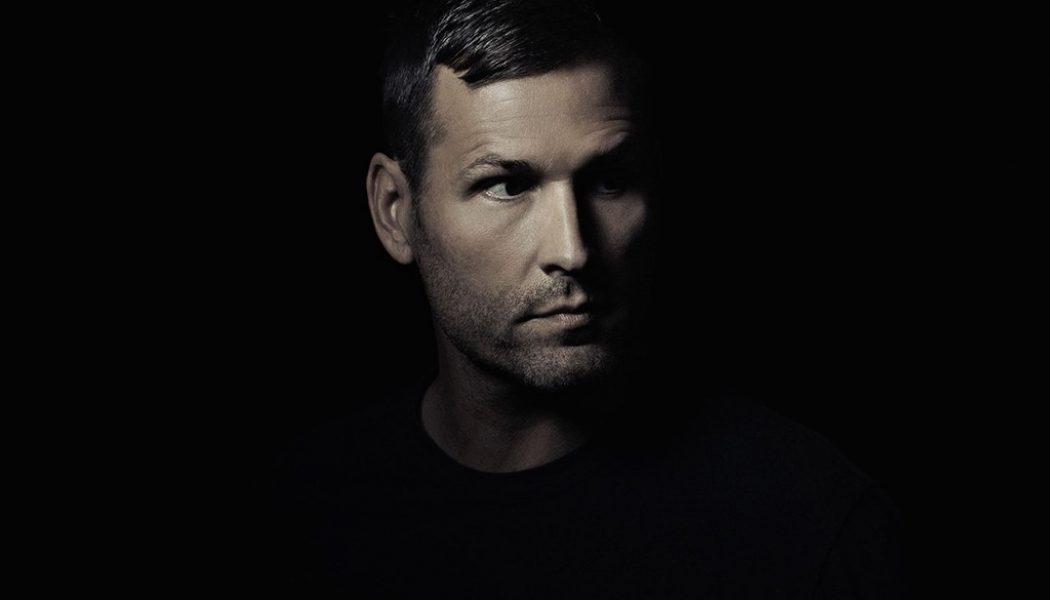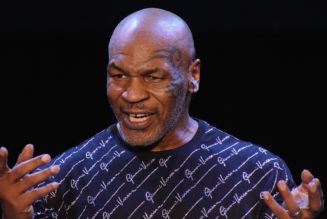
A U.S. magistrate judge has rebuked an effort by Kaskade to withhold information on concerts the DJ played in the wake of the closure of the KAOS nightclub is Las Vegas and ordered the performer to pay the hotel’s attorneys’ fees for the cost of enforcing a subpoena.
Ryan Raddon, who performs as Kaskade, is suing F.P. Holdings, a limited partnership connected to the Palms Casino Resort, for breach of contract over his residency deal at the KAOS nightclub, which closed in November after six months of operation. KAOS was supposed to anchor a $690 million renovation of the Palms and host a residency by global superstar Marshmello, but the club lost nearly $50 million, according to a Nov. 6, 2019, quarterly earnings call, and shut down permanently.
Raddon was making $214,000 a night playing the club and had 37 shows left on his contract when it closed, totaling $7.95 million — the amount his lawyers say he’s owned by F.P. Holdings. But lawyers for F.P. Holdings say any damages the DJ expects should be offset by the money he made playing makeup shows at competing clubs and festivals. When F.P. Holdings subpoenaed his financial records for the period he had been contracted to play KAOS, Raddon’s attorney Alex L. Fugazzi called the demand “overbroad and unduly burdensome” and argued the request was not relevant to the lawsuit against the hotel.
U.S. Magistrate Judge Nancy J. Koppe disagreed and ruled against Raddon on Monday, arguing that the DJ’s lawyer must comply with subpoenas even if he disagrees about their importance to the case.
“[A] party is entitled to seek discovery on its theory of the facts and the law, and is not limited in discovery by the opponent’s theory,” Koppe wrote, citing legal text governing evidentiary decisions. “Kaskade having not provided the requisite factual basis or meaningful argument necessary to prevail on such objections, the Court rejects his assertion of overbreadth and undue burden.”
What the judge is telling Raddon’s attorneys, explains attorney Michael Seville with the San Francisco firm Seville Briggs, who is not associated with the case, is that “the defense is given significant leeway when defending against a claim and Kaskade can’t limit the scope of what can and can’t be used in their defense.” He says, “Here the judge is telling Kaskade, ‘You don’t get to decide what evidence is and isn’t discoverable. That’s my job.'”
As part of her ruling, Koppe is also requiring that Raddon pay the hotel’s legal fees associated with the hearing, saying his attempt to avoid handing over details about how much money he made following the closure of KAOS is “not a close call.”
“Whether Kaskade disputes the soundness of the mitigation defense in substance is not pertinent to whether he could appropriately withhold discovery,” Koppe said.
Seville, who often handles civil discovery issues, notes that the decision to award F.P. Holdings attorneys’ fees is a sign that Koppe wants both sides to settle arguments on their own without asking the court to intervene. He says that disagreements over discovery in civil cases are fairly common and part of the push and pull by attorneys seeking to use leverage to their advantage.
Koppe issued a second ruling Monday, ordering Raddon’s attorney to address outstanding confidentiality issues surrounding the case. On Apr. 1, 2020, Koppe signed off on a request to redact details about Raddon’s compensation from the complaint he had filed, but months later, following talks with F.P. Holdings, Kaskade indicated he no longer contended “that such information should be shielded from the public” and didn’t oppose his $214,000 per night fee from being made public. The magistrate judge says she wants an explanation for his change of heart and ruled that his attorney has until Sept. 25 to explain “why the Court should not unseal the unredacted version of the complaint” filed late last year. It’s unclear what, if any, new information would be made available by such a move.










